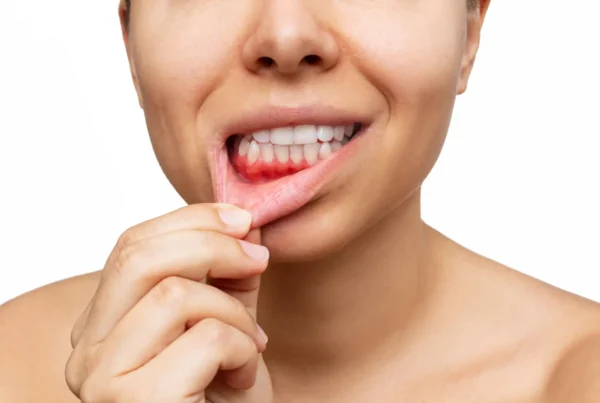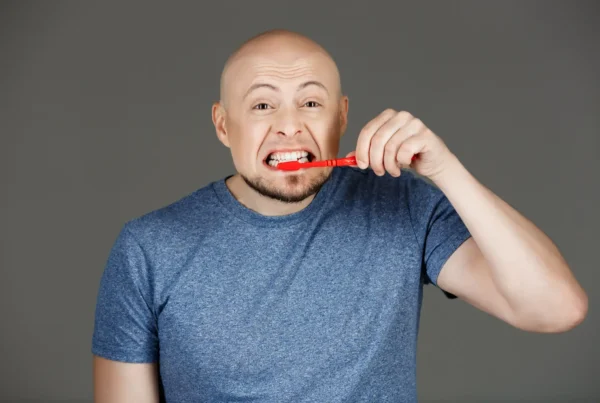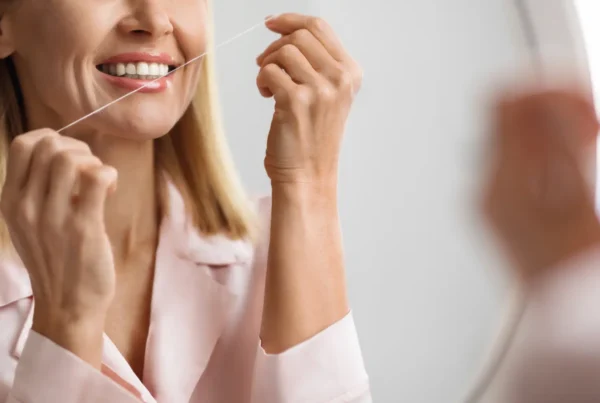Have you ever wondered what would happen if you suddenly stopped brushing your teeth? From a young age, we’re taught to brush at least twice a day and maintain proper oral hygiene routines like flossing, tongue scraping, and rinsing with antibacterial mouthwash. But are all these habits really necessary? Let’s imagine a scenario where you stop brushing your teeth altogether. What happens next? Here’s what to expect.
Four million people in Poland don’t brush their teeth
Surprisingly, some people don’t need to imagine this scenario at all. According to estimates, around 3.8 million Poles—roughly 10%—don’t brush their teeth at all. Hopefully, you’re not one of them. If you’re reading this blog, you probably care about your oral health. The most common reason people neglect oral hygiene is a lack of awareness about the consequences.
Modern lifestyles also play a role. Many of us are constantly busy, leaving little time or energy for proper brushing. People who travel frequently may skip brushing due to limited access to hygiene products. While occasionally skipping a cleaning session might not be harmful, consistently neglecting oral hygiene can be dangerous. So, what actually happens when you stop brushing your teeth for one day, a week, a month, or even a year?
After one day
Skipping brushing for a single day allows plaque to build up. Within 24 hours, this plaque can start to harden into tartar—a mineralized deposit that cannot be removed with a toothbrush. Professional dental cleaning is required to remove tartar. Beyond cosmetic concerns, tartar can lead to serious oral health issues if left untreated.
After one week
After seven days, the bacteria in your mouth multiply rapidly. This causes a noticeable buildup of plaque and tartar, bad breath, gum redness, tenderness, and possibly bleeding. These symptoms mark the beginning stages of gum inflammation.
After one month
Going a month without brushing can result in a full-blown oral infection. The gums become swollen, bleed frequently, and hurt significantly. You may begin to experience gum recession and tooth loosening. At this point, long and expensive dental treatment is needed, and in many cases, the damage from developing periodontitis may not be fully reversible.
READ MORE: Rough teeth after brushing
After one year
Failing to brush for a year or longer allows advanced gum disease to take over. Teeth affected by decay and inflammation begin to loosen and fall out. Gum recession worsens, exposing tooth roots. Chronic bad breath becomes the norm. In this advanced stage, even your saliva can support harmful bacterial growth. The only solution at this point may involve dental implants and prosthetic treatments.
Other consequences of not brushing your teeth
Oral problems aren’t the only risk. Research shows that oral bacteria can negatively affect your immune system, increase the risk of diabetes and stroke, and even enter your bloodstream. In severe cases, this can lead to inflammation of the heart muscle and other systemic infections.
How to avoid these problems
The only way to avoid these health issues is to maintain proper oral care. Sonic toothbrushes like Smilesonic are particularly effective. They clean teeth and gums more thoroughly than manual toothbrushes and use sound waves to reach the most inaccessible areas of your mouth.






